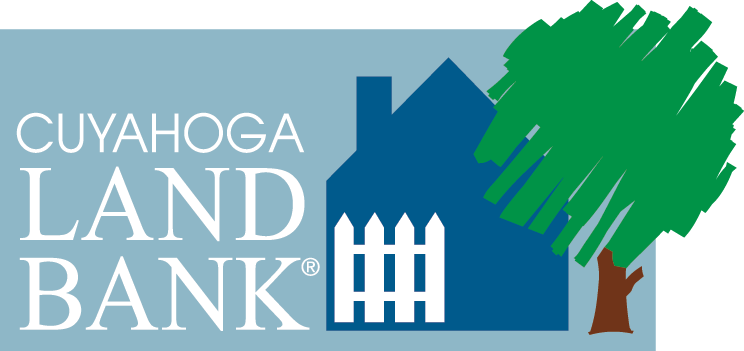February 20, 2013 [Christopher Evans, cleveland.com]
The vinyl siding is intact.
That’s the first thing I notice as Frank Ford and I pull up in front of a gutted two-story colonial in Cleveland’s Mount Pleasant neighborhood.
“It’s not as valuable as aluminum siding,” Ford tells me. As chairman of Cuyahoga County’s Vacant and Abandoned Property Action Council, he knows things like that.
We walk down the driveway. The side door has been removed.
Ford sticks his head inside.
“Anybody in here?” he yells.
Silence.
“Not that it matters,” he mutters.
At least there are no animal noises. Nothing like an open door to attract rats and feral cats and dog packs, and curious children.
“A house like this shouldn’t be left open,” Ford says, climbing a short flight of stairs into the kitchen.
We know it’s the kitchen because everything, except the sink, is gone.
“These places don’t just devalue property values; they attract drug dealers, arsonists,” Ford says. “They get real scary when the sun goes down.”
The dump we’re looking at belongs to the Department of Housing and Urban Development, a federal agency that is supposed to be serving the taxpayers but has become a prominent absentee owner of foreclosed properties nationwide.
“It’s a continuum of culpability,” Ford says. HUD is at the bottom of the food chain. The lenders whose loans HUD guarantees are at the top. JPMorgan Chase bank, for example, deeded this foreclosed property to HUD on Feb. 4, according to the county auditor’s website.
Whoever is responsible for this property isn’t doing a good job. A couple of first-floor windows are shattered. None is boarded and one is completely busted out. Inside, the carpet crunches. The rooms are claustrophobic. The walls look as if they went a couple of rounds with a sledgehammer.
“House is in pretty bad condition,” Ford says.
An inspection log for Safeguard Properties Inc. is taped to a wall. Safeguard is a privately held, Cleveland-based field service company that does board-ups and maintains vacant and abandoned properties for absentee owners, Ford says.
The latest entry on the sheet is Jan. 29, 2013. “That’s when the property was conveyed back to HUD and another field service manager,” according to a Safeguard spokeswoman.
“Huh,” Ford says. “They still haven’t re-secured it.”
His cellphone rings. It is City Councilman Tony Brancatelli, a battle-scarred veteran of the war to reclaim Cleveland neighborhoods.
“What do you call a house with no doors and no windows?” Ford asks.
“A house looking for a search warrant,” Brancatelli says.
I walk next door. The property is well-kept, wrought-iron bars on the doors and windows, a car parked in the driveway. I hear voices. I ring the doorbell on the front door, the side door. I knock. No answer. No problem. A white guy is probably never the bearer of good news in this neighborhood.
The point Ford wants to make with our visit to the vacant, abandoned and wide-open house is to demonstrate how critical HUD’s partnership is with the Cuyahoga Land Bank.
On Friday, the land bank inked a deal that will allow it to buy HUD properties appraised at $20,000 or less for $100 each. The zombie property Ford and I toured falls into that category.
“Why is the agreement important?” Ford asks rhetorically. “Some idiot would buy this worthless property and flip it.”
“These low-value assets corrupt the market,” says land bank President Gus Frangos. “It’s the 100 apples example: You have 100 apples; 30 of them are rotten. You have to get the rotten ones out to preserve the 70. That’s what we’re doing here: removing blight.
“There are two kinds of buyers for a distressed property like this,” Frangos says. “One is a re-flipper who wants to find a sap to buy it and turn a quick profit. Or there’s the innocent sap who thinks, ‘Oh, my gosh, this is so cheap. I’m gonna fix it up and make some money.’ What happens is they don’t have the skills, they don’t have the appetite, they can’t pay the code violations and they walk away.”
And the cycle continues, eviscerating property values and destabilizing neighborhoods.
As it is in East Cleveland. HUD is working with real estate agent Mandria Butticci to sell a two-story eyesore on Eddy Road. Again, the property is unsecured and trashed. The asking price: $6,000.
It went on the market the day before the land bank’s deal was signed, Butticci says. “We know it’s been vandalized, but it’s still an excellent value.”
Unless you happen to live next door.
